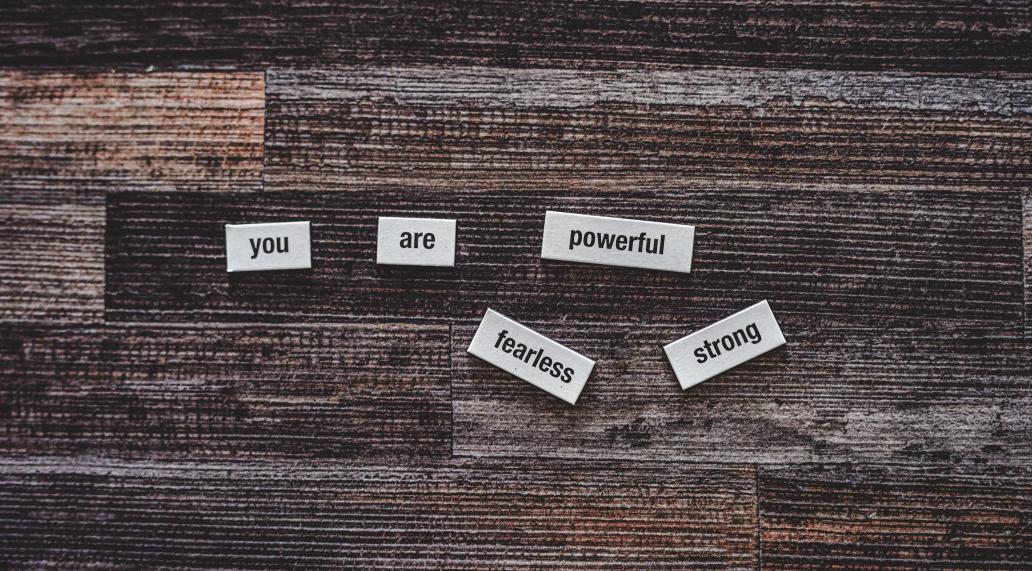
Resilience in Adolescents: Overcoming Crises and Promoting Strengths
Children and especially adolescents are repeatedly exposed to stress, conflicts, and uncertainties throughout their personal development. While some suffer from it, others almost intuitively develop a positive way of dealing with these confrontations, a so-called resilience. However, this type of psychological resilience is constantly being tested: performance pressure, stress, and overload are increasingly affecting children and often peak during adolescence. Bullying and rejection by peers, physical changes, the development of one's identity, new friendships and contacts, fears of the future and failure, but also young parenthood can trigger stressful situations and make the engagement with one's own strengths and weaknesses much more challenging for adolescents.
Adolescents are in a phase of life where they are particularly challenged emotionally. In childhood, they often navigate life more carefree and positively, while as they grow older, they start questioning many things. With certain coping strategies and approaches, you can help your child to strengthen their resilience and prepare for potential stressful situations.
What does resilience mean?
The term "resilience" originally comes from materials science and refers to the resilience, resistance, or elasticity of materials. In relation to people, resilience refers to psychological resilience and flexibility in dealing with stressful situations and life events; one could also call it the "immune system of the psyche." Resilient children and adolescents can deal with crises and stresses particularly positively and flexibly. Promoting resilience, in this sense, means not simply accepting challenges and stresses negatively but seeing them as an opportunity for personal development and developing a positive approach from them.
Resilience can be learned.
Of course, one is not born resilient but develops certain behavioral patterns during childhood—mainly through interaction with the environment. These can change over time, both positively and negatively, even in adulthood. The good news is: Resilience can always be relearned and strengthened, even if one is in an extremely vulnerable phase. This is often the case with older children and adolescents, as they are in developmental phases like puberty, experiencing a veritable "rollercoaster of emotions," and are therefore particularly sensitive. It is all the more important to support and promote children and adolescents during these transitional phases.
How can I support my child and strengthen their resilience?
Resilience can be built and strengthened through numerous aspects: appreciation, acceptance, trust, a sense of security, optimism, communication, humor, structure, and firm rules, encouragement of independence, positive contacts with peers, positive role models, etc. Since the foundation for a resilient personality is already laid in childhood, it is important that a child can build a stable emotional bond with at least one parent and maintain it until young adulthood if possible. Maintaining relationships with other family members such as grandparents, uncles, and aunts, or other close relatives as additional reference persons can also strengthen your child's resilience by experiencing and imitating positive behaviors. Positive contacts between peers can also promote psychological resilience, as they learn acceptance and trust, as well as possible reactions in dealing with conflict situations that may occur between less familiar people outside the family.
You can best effectively support your child by knowing their abilities, talents, and strengths. Therefore, the first step is to take a look: What is your child particularly good at, and in what ways do they express their strengths? While some young people are quieter and express themselves more through creative activities—such as drawing, making music, or writing—others may be especially good at communicating and are socially engaged. Focus on these individual strengths and not on your child's deficits. Encourage them by enabling participation in art and sports courses, or by accompanying your child to soccer games and perhaps even to talent competitions if they wish. Consistently signal your trust in their abilities and regularly delegate some responsibility to your child, such as taking on a household task, looking after younger siblings, or handling an important call.
Leave room for independent action
Particularly with adolescents in the house, it may sometimes be difficult for you, but try not to take everything into your own hands when your child faces challenges. Instead of saying, "I'll do this for you," you can ask, "Do you already know how you want to do this and that?" or "Do you need my help?" This often requires a lot of patience, as it sometimes takes time for teenagers to develop positive approaches for themselves, but through your restraint, you greatly encourage your child's self-motivation. Continuously reflect on the situation your child is currently in and how they might feel, and try to be patient and understanding. Allow your child to have their own experiences and show that it is important and quite normal to make mistakes, as this is the only way your child can learn. Feel free to give praise when your child has committed to something or has taken a problem into their own hands.
As fundamental as independent action is in terms of problem solving, too much freedom can also hinder the development of resilience. Adolescents in particular tend to react very emotionally in challenging situations and can sometimes lose touch with normalcy, as their hormone balance changes significantly during puberty. Therefore, routines and boundaries are important in some areas, as they provide stability and security. For example, set fixed times for meals, visits, or media consumption and also discuss the possible consequences if the rules are broken. This simultaneously promotes your child's self-responsibility and discipline.
Communication and Self-Care
As with all educational support measures, communication is the most important aspect in fostering resilience. Adolescents are deeply engaged with themselves and vulnerable in their development, so they don't need a reprimanding adult but someone who listens and is there for them. Offer your child an open ear, and if they want to talk, listen attentively and don't interrupt. Try, if possible, not to give instructions but merely provide food for thought. If you are involved in a conflict yourself, use clear expressions and avoid enigmatic sentences that leave much room for misinterpretation. For example, say: "It would be nice if you could be home at the agreed time next time," instead of: "It's already dark outside!
Not least, your self-care can also contribute to strengthening your child, as you are an important reference person with a role model function. Your child learns positive behaviors most easily when you lead by example. This includes sufficient exercise and good nutrition, but also relaxation breaks and hobbies that provide a good counterbalance to your workday. Bring positive energy into everyday life with a little humor, more laughter, and a few jokes or sayings here and there. You will notice that your ease and positive attitude will have a considerable impact on your child, and the rest of the family will benefit as well.
famPLUS - Together for your personal PLUS


